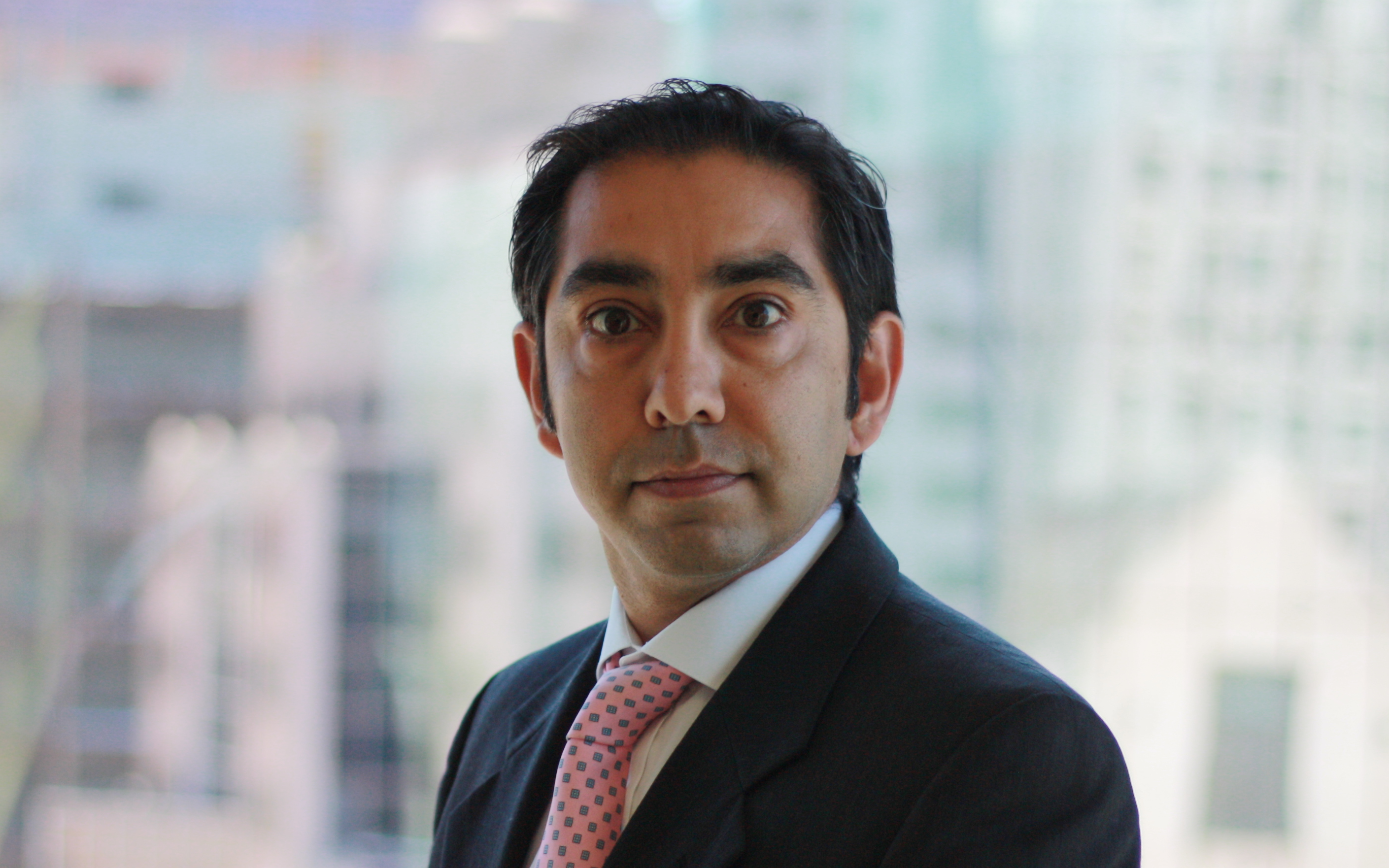Q&A: Shiraz Allidina, Citco

The managing director at the provider of financial services for alternative funds discusses trends in lending, rising interest rates, market turbulence, and more.
What would you say are some of the most important recent trends in lending to alternative funds?
Two trends come to mind: one long-term, the other more immediate. The long-term trend is the continuing acceptance of NAV (net asset value) financing – credit facilities that are underwritten by the lender with respect to, and whose primary collateral consists of, the net asset value of positions held by the fund. We believe the pandemic and associated volatility accelerated this trend.
Borrowers initially used these facilities to “play defence”, in order to help their portfolio companies in times of financial stress. Subsequently, they used these facilities to “play offence”, typically to make follow-on investments in order to better fulfill their mandates to maximise risk-adjusted returns to investors.
We have seen new entrants on the lending side, and continued activity from existing lenders. Overall, it is a healthy market, where both borrowers and lenders have maintained their discipline and exercised prudent risk management. Looking forward, there have been predictions of large growth for this market, which we agree is likely.
The other trend, which has developed more recently, is diminished lending capacity in the capital call or subscription facility market, where lenders underwrite the commitments by fund investors to closed-end vehicles.
This could be because lenders are facing capital constraints, because their balance sheets have been deployed in other lines of business, at longer durations. Or it could be due to regulatory and risk committee issues, as participants become nervous about a downturn in the credit cycle. Either way, the natural tendency is to lower lending volume, focus on the highest-quality clients, and tighten credit criteria. For us at Citco, this means continued demand from clients.
What do you think alternative funds are looking for, or should be looking for, from their lenders today?
We think commitment to the business is important. Borrowers should ask the tough questions – for example, is this a peripheral business for a lender with many lines of business, or is it a real focus? Are these lenders tourists, or are they natives?
There are lenders that have many other lines of business, such as credit-card receivables or real estate, and fund financing might represent just a small portion of their business. But we at Citco consider ourselves natives. Our focus is alternative funds and alternative fund investors. We stick to what we know best – and I think it is a real benefit for a borrower to have a lender who focuses on your particular business area.
What can lenders like Citco offer alternative funds in terms of availability, pricing and risk appetite today?
We are creative at structuring facilities that provide our clients flexibility as well as conform to our conservative, prudent risk appetite. We are focused solely on clients who are existing users of Citco’s asset servicing or administration services. For the client, this means our due diligence and onboarding processes are typically easier experiences than they might be elsewhere.
What are your thoughts on rapidly rising interest rates in the UK, and to a lesser extent in the EU? How will this affect alternative funds operating here and what should they be doing to mitigate any negative effects on their businesses?
Interest rates remain historically low, if you take a 30- or 40-year view. When I was in primary school in the 1980s, the Bank of England raised its reference rate to 17%. Now the reference rate is 2.25%. I think our clients can handle rates at this level. They may even be facing attractive opportunities as a result of higher interest rates, as some markets see sell-offs and credit spreads rise.
Finally, what factors should alternative funds take into account when deciding whether or not to outsource operational functions?
Choose a provider with staying power, one that has a history of making it through downturns. We are proud that we are private and family-owned, and that we were founded in 1948. This means we have been through multiple economic crises so we think long-term, especially as markets get rocky, and we look towards the next 74 years, rather than next quarter.
Citco can provide a wide range of services to alternative asset investors from traditional fund administration, middle-office, loan servicing/agency, tax, and regulatory reporting. We come to work every day ready to help our clients. It is true that when times are good, things are less challenging. But when times are “interesting” (to use the old euphemism), our mettle is tested. We welcome the challenge. We at Citco are still here, we are going to be lending, and we are proud to stand by our clients.
Categories: Insights Expert Commentaries Geographies UK & Ireland France & Benelux Southern Europe Central & Eastern Europe Nordics DACH
This content is free for all our visitors.
Would you like to check out the rest of our fantastic offering? Get in touch with us to discuss our trial and subscription options.
Contact us